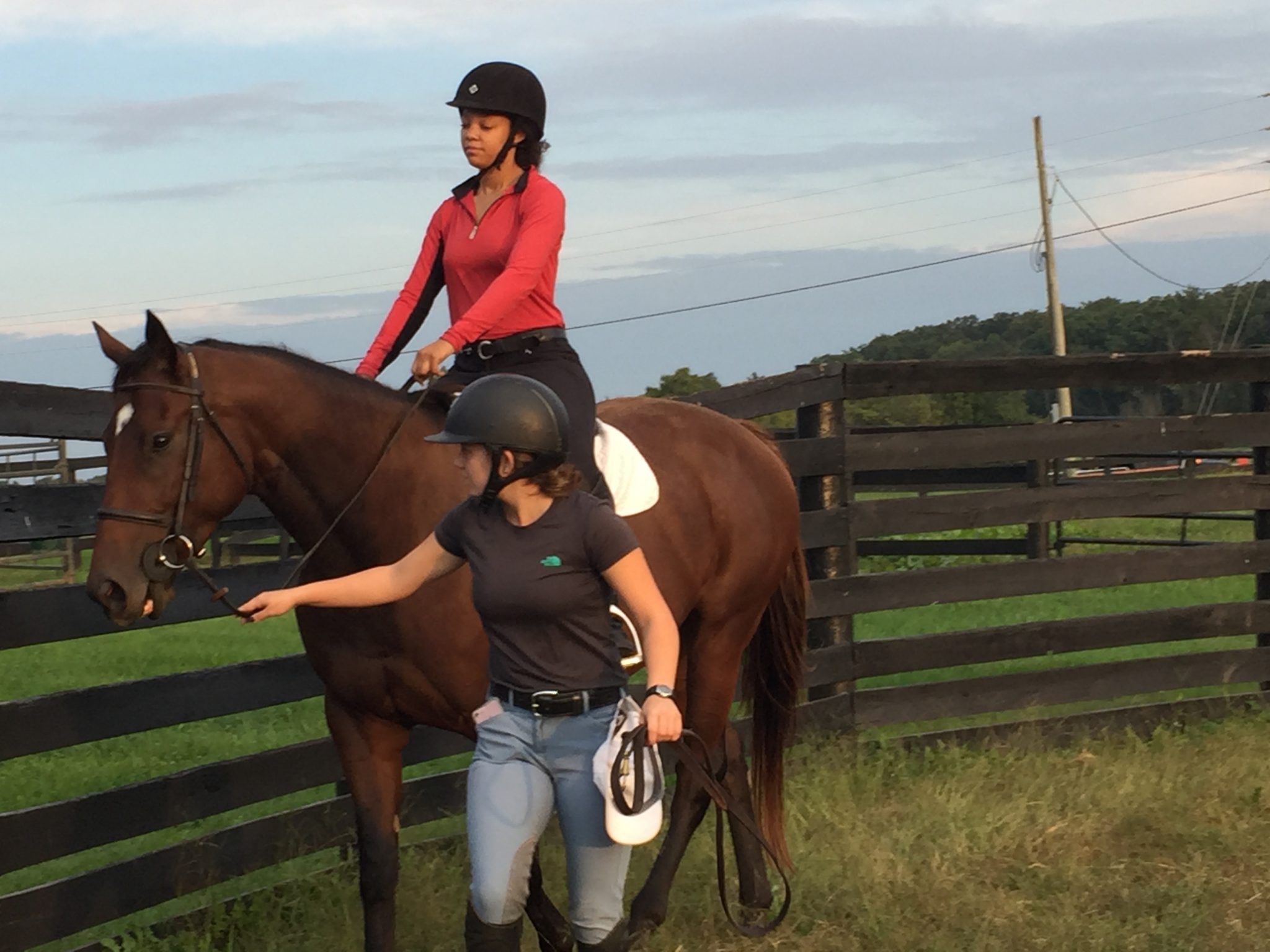McKenzie Ross, a 2020 graduate of the Equine Industry Program at the University of Louisville, retrains retired racehorse Ruthless Warrior at Stoneway Farm in LaGrange, KY in 2018, with help from fellow student Maureen McDougall. Photo courtesy of Terri Burch/UofL Equine Industry Program
Heavyweight champion Muhammad Ali, who was born and raised in Louisville, changed boxing, as well as society at large. Quarterback Johnny Unitas, who played college football at the University of Louisville, was the architect of the two-minute drill. German immigrant J. Frederick Hillerich pioneered the modern baseball bat and founded Louisville Slugger. In horse racing, there’s the Kentucky Derby and Churchill Downs.
Two miles from Churchill Downs is the University of Louisville College of Business, and that’s where horse racing can find some of the answers the sport desperately needs to keep it relevant and thriving in the 21st Century.
I was the guest speaker at the EQIN 304: Equine Marketing class that is part of the College of Business’s Equine Industry Program on March 17. Although I was there to answer questions about the horse racing and aftercare industries, as well as about my broadcasting and riding, it was the students asking me the questions that I believe have the answers.
Before I even spoke to the class, I had a good feeling that I would learn as much from them as they would learn from me. University of Louisville offers the only undergraduate equine program in the world that is part of an Association to Advance Collegiate Schools of Business (AACSB) accredited business school.
Sarah Memmi, who teaches the equine marketing class and contacted me about being a guest speaker, has a sure-thing exacta box of qualifications as an assistant professor of marketing combined with a background working with horses.
During the week before I joined the class, Memmi sent me a list of questions that the students created as the basis for our discussion. The very first on the list: “How do you see the industry moving forward from outside pressures other than ‘We love our horses’? How important would a national campaign be?” I could tell we were going to get right to it.







